Bilateral agreement 'quite positive' in steering world to tackle urgent crisis
A cooling of tensions in U.S.-China relations could advance the global fight against climate change and bolster the COP28 summit, experts say.
"It bodes well," Sourabh Gupta, a senior fellow at the Washington-based Institute for China-America Studies, said of the improvement in U.S.-China ties, including the intention to cooperate on the climate.
The 28th Conference of the Parties to the United Nations Framework Convention on Climate Change will be held in Dubai, the United Arab Emirates, from Nov 30 to Dec 12.
The summit between Chinese President Xi Jinping and his U.S. counterpart Joe Biden in California earlier this month has set a good trend in the U.S.-China relationship, Gupta said.
On the eve of that summit, Xie Zhenhua, China's special envoy for climate change, and his U.S. counterpart John F. Kerry jointly released the "Sunnylands Statement on Enhancing Cooperation to Address the Climate Crisis", in which the two sides announced plans to restart formal climate change talks and commit to enhanced cooperation on the matter.
"Within COP28, it's a very complicated negotiation, but you can see that both parties are going in with good faith and rowing in the same direction, hoping to make it a success," Gupta said.
The meeting between President Xi and former U.S. president Barack Obama 10 years ago in Sunnylands, California, set the stage for a very successful Paris COP21, he said.
More than two years later, the Paris Agreement, a legally binding international treaty on climate change, was adopted by 196 parties at COP21.
Both the United States and China are instrumental in "moving the negotiations and the ball forward at the multilateral level on climate change", Gupta said, adding that both nations are "on the same page", meaning that there will be progress made at COP28 at the very least.
At a COP28 preview event on Nov 17 hosted by the Center for Strategic and International Studies, David Victor, senior associate of the Energy Security and Climate Change Program at the center, said the recent U.S.-China climate agreement would help COP28 outcomes.
Refreshing pledges
The new agreement refreshes pledges for what the big emitters are going to do, he said.
"Maybe most importantly, it says, 'hey, we can talk openly about climate and not be always angry at each other.'
"I think that's pretty important for the two ... gigantic economies that can't disentangle themselves for reasons of critical materials and key technologies around the energy transition," Victor said.
"It's kind of a signal that these two countries can find a way to tamp down some of the diplomatic chaos that they've generated for each other."
He said the "theory of change" could help solve a big risk that the world faces in addressing climate change — "the least developed countries getting really, really upset about the lack of adequate funding".
At the same event, Joseph Majkut, director of the Energy Security and Climate Change Program at the Center for Strategic and International Studies, said the issue of methane will be critical at COP28, and it will also be important to watch whether other countries will step up to make commitments on methane.
Addressing methane emissions will also be a high priority in dealing with climate change.
Methane is a major contributor to the formation of ground-level ozone, a hazardous air pollutant, and greenhouse gases, according to the UN Environment Programme's website.
Majkut said the U.S.-China agreement was "really quite positive" in leading other countries to strengthen their commitment to reducing methane.
"They talked about building methane commitments into future (Nationally Determined Contributions)," Majkut said. "They talked about putting together a side event at COP focused on methane and other non-CO2 greenhouse gases summit, and that's quite important."
Under the global action goal on climate change proposed in the Paris Agreement, countries that have ratified the agreement set their own goals for international cooperation based on their own situations, known as Nationally Determined Contributions.
The new U.S.-China agreement expands the mutual commitment to include all greenhouse gas emissions, Majkut said. "That increases the focus that we'll see, I think, on methane this year, both because methane is such a powerful climate forcer — emissions reduction there helps rapidly — and can help move toward the broader climate goals and (is) seen broadly as a way of making quick progress," he said.








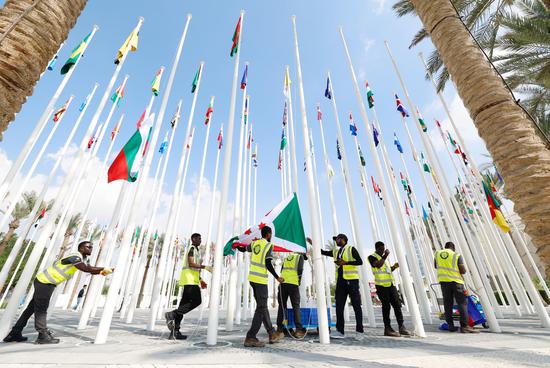



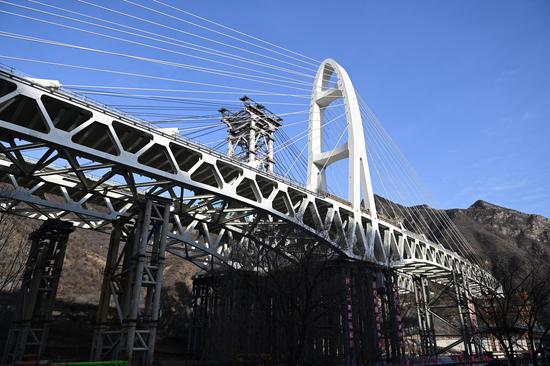
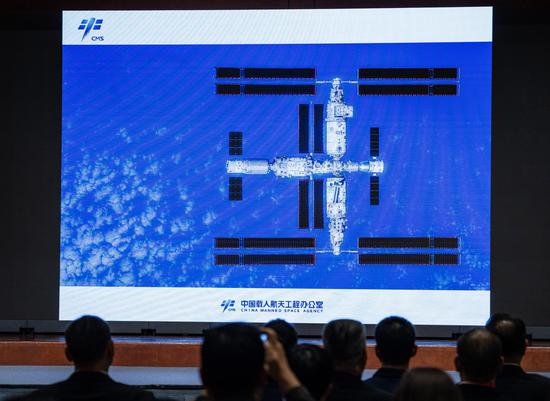
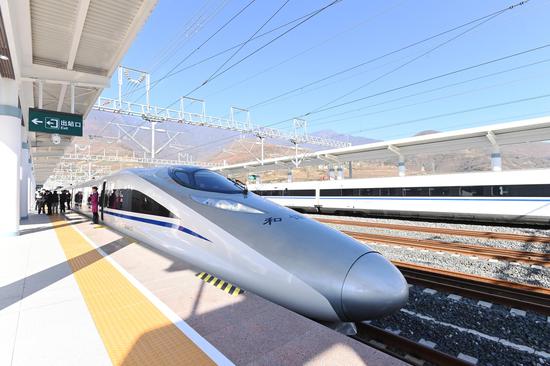




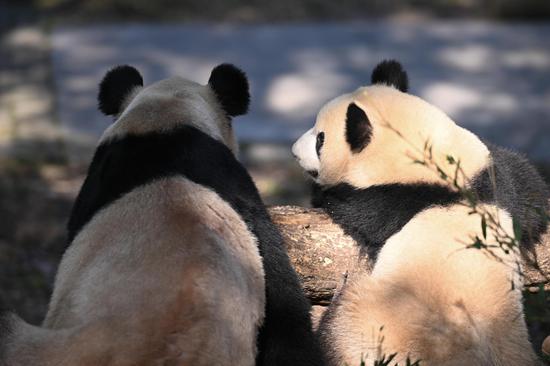










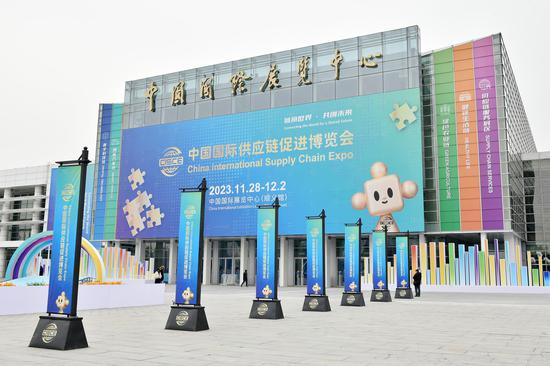
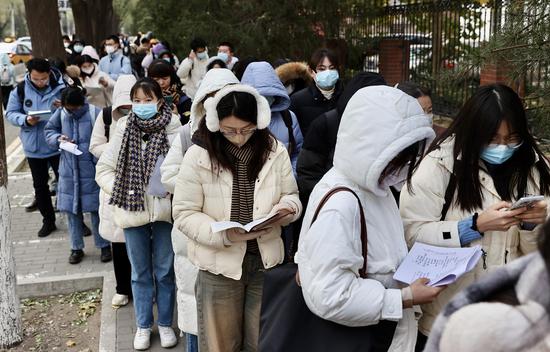
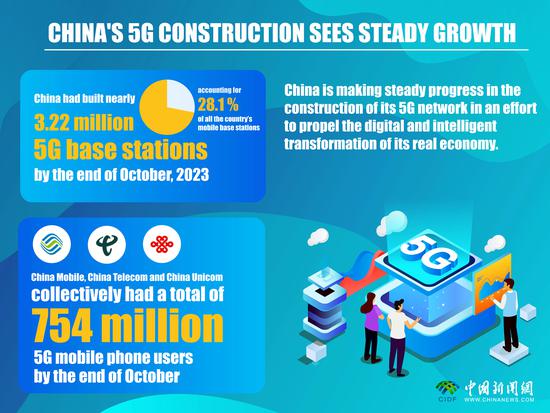



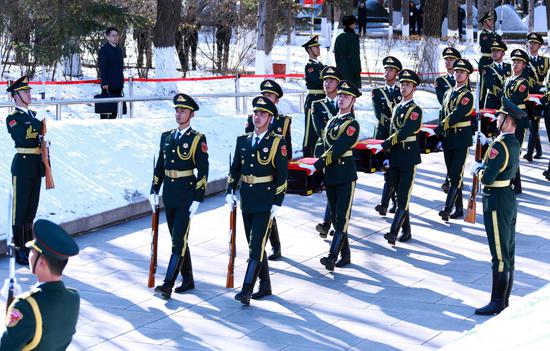
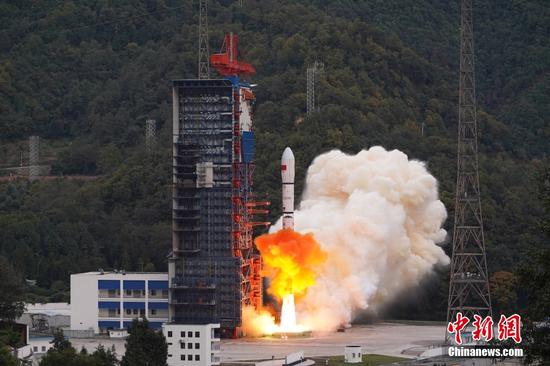












 京公网安备 11010202009201号
京公网安备 11010202009201号